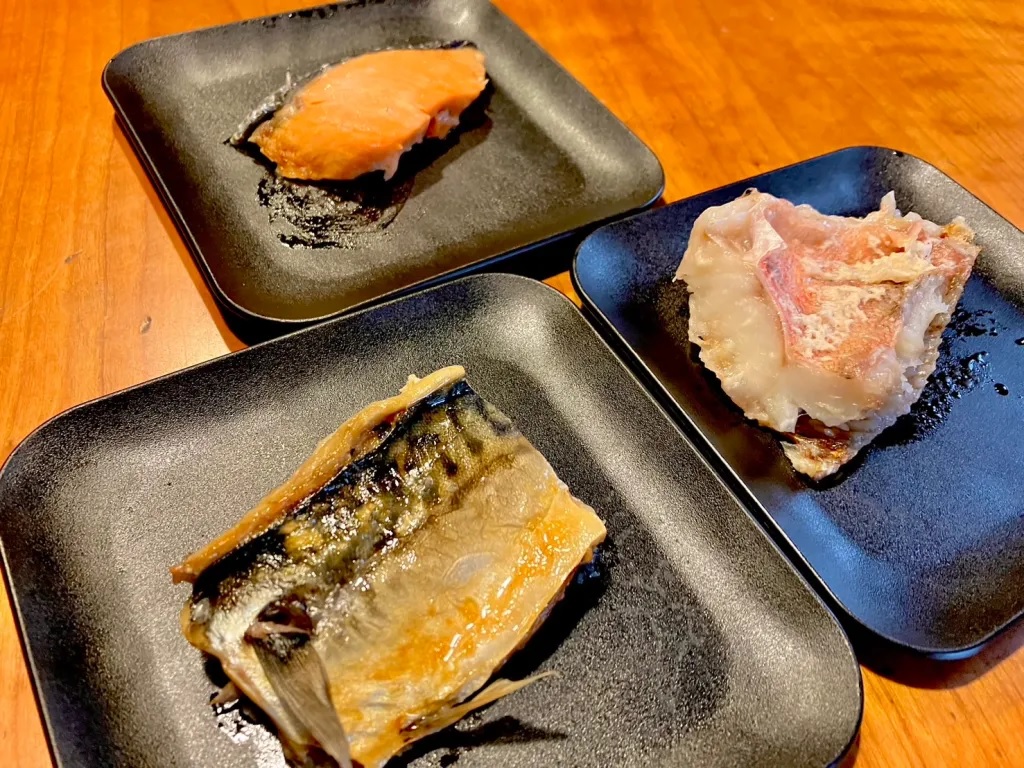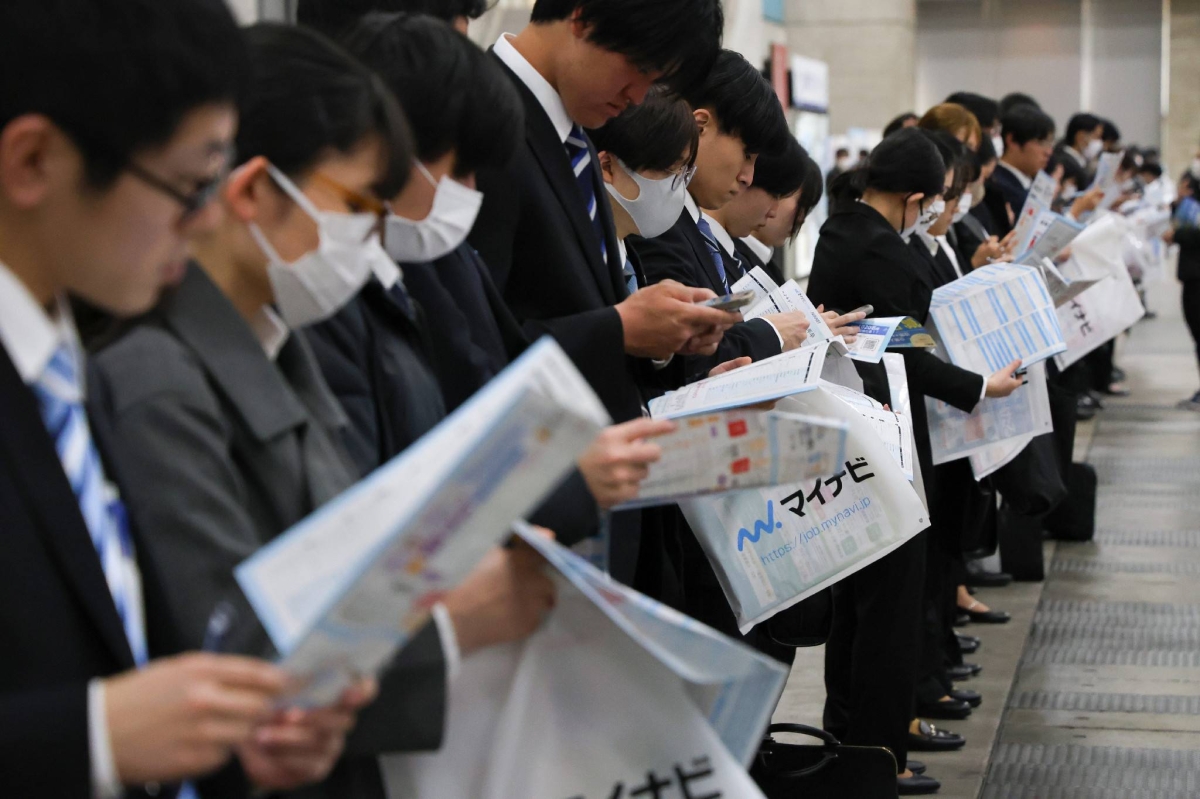Japan's fish consumption is declining. Reasons unclear.
Japan's fish consumption has halved over the past generation, largely due to convenience and changing lifestyles prioritizing meat over fish.

In just a generation, Japan's per-person fish consumption has plummeted almost 50%. This is wild because, let's face it, Japan is a fish lover's dream. With its abundance of sushi, grilled, and simmered dishes, you'd think folks would be munching on fish like it’s going out of style. But nope! Back in 2001, each person was downing about 40.2 kg of fish yearly, and by 2022, that number nosedived to just 22 kg. That’s the lowest it’s been since 1960. Meanwhile, meat consumption has skyrocketed! In 2011, meat overtook fish, and by 2022, it shot up to 33.5 kg per person each year!
Why the shift? Well, the experts suggest a mix of factors. For one, it’s easier and cheaper to grab meat at the supermarket. Plus, cooking fish can be a hassle and messy. But here’s the kicker: modern living situations play a huge role. With more singles living alone and busy couples juggling work, cooking fish just isn't as appealing due to odors and complicated prep. Everyone's looking for easy meals that keep well. So maybe it’s not that the Japanese turned their back on fish; rather, it’s that preparing it has become a headache in today’s fast-paced world.
Read more__〆( ̄ー ̄ )
Fascinated by Japan’s culture and history? Learn the language that brings it all to life. Start now at LearnJapanese.com!




